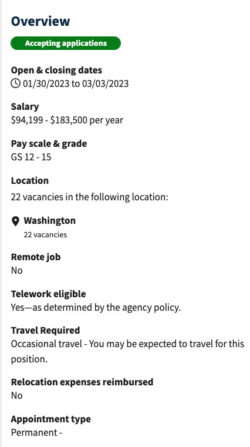MDL Lawsuit Multi District Litigation: Do You Have An MDL Lawsuit or Settlement?
In the legal landscape, Multi-District Litigation (MDL) stands as a critical framework for consolidating numerous lawsuits against common defendants into a singular jurisdiction, thereby streamlining the judicial process in cases of complex legal challenges. This procedural mechanism, particularly prevalent in disputes involving pharmaceuticals, medical devices, and environmental damages, serves to expedite the resolution of cases that share factual questions, ensuring consistency and efficiency in judicial rulings. The implications of being part of an MDL, whether as a plaintiff seeking justice or as a potential beneficiary of a settlement, are profound. Consequently, understanding the nuances of MDL lawsuits and determining one's eligibility for inclusion or settlement merits thoughtful consideration, especially for those navigating the intricacies of such impactful legal matters.
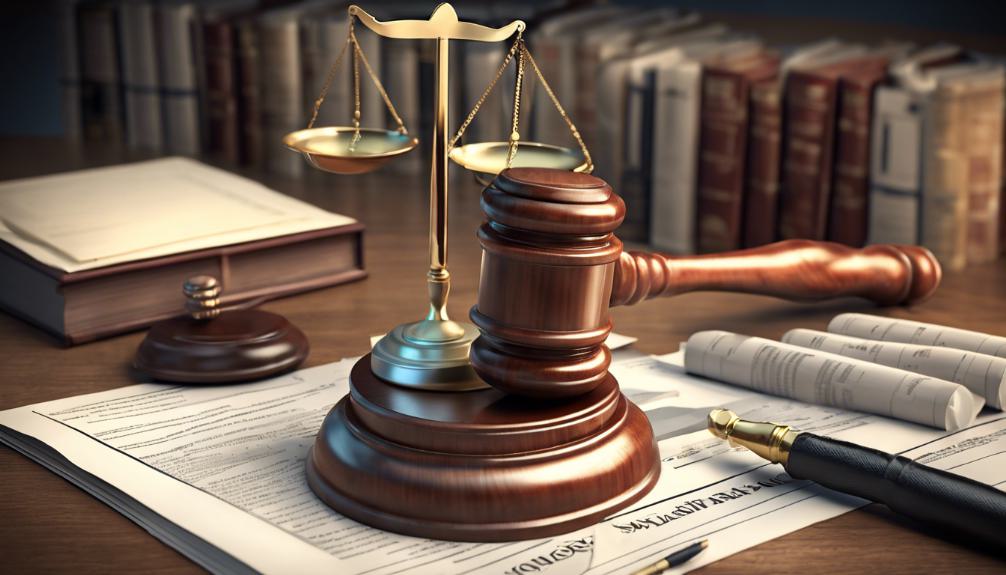
Understanding MDL Lawsuits
Multidistrict litigation (MDL) lawsuits offer a streamlined process for handling complex cases that involve numerous plaintiffs against common defendants, typically in scenarios where the allegations share factual similarities. This legal mechanism is designed to enhance efficiency and reduce the burden on the court system by consolidating pretrial proceedings, including discovery and motions, for cases that are similar but filed across different jurisdictions. The consolidation under a single judge minimizes the risk of inconsistent rulings and allows for a more focused approach to tackling common issues. MDLs are particularly useful in cases involving defective products, environmental disasters, and other large-scale controversies, providing a pathway for plaintiffs to seek justice collectively while preserving the individual nuances of each case.
Pharmaceutical MDL Cases
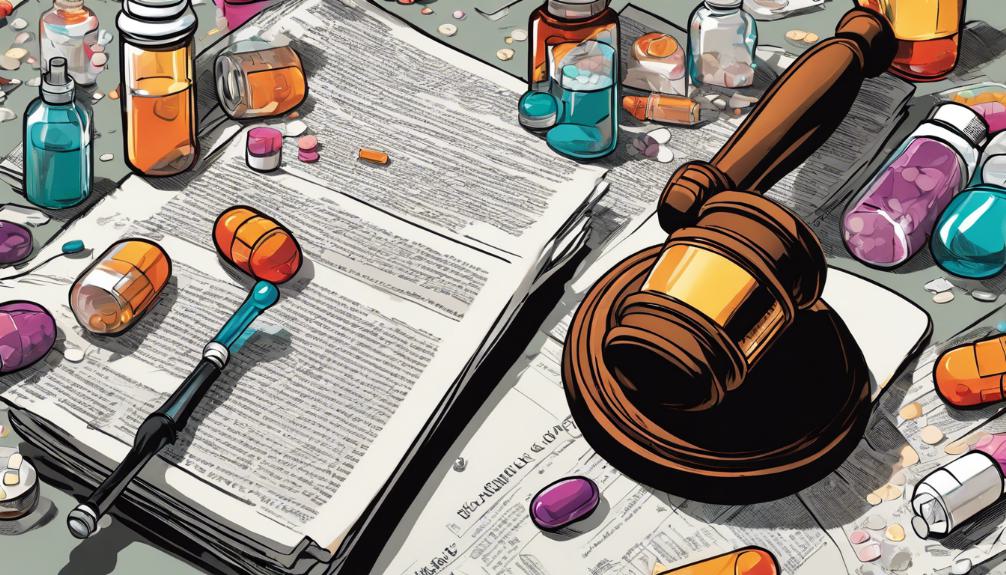
Pharmaceutical MDL cases represent a significant portion of multidistrict litigation, addressing claims of harm caused by various prescription medications and medical products. These cases often involve allegations that pharmaceutical companies failed to warn patients and healthcare providers about potential risks associated with their products. High-profile MDLs, such as those involving Xarelto, Proton-Pump Inhibitors, Taxotere, and the National Prescription Opiate Litigation, underscore the breadth of issues under scrutiny. Plaintiffs in these cases typically seek compensation for injuries, arguing that negligent behavior contributed to their suffering. The complexity and scale of pharmaceutical MDLs necessitate a thorough understanding of both legal and medical aspects, as they aim to address the grievances of numerous individuals affected by similar circumstances.
Medical Device Litigations
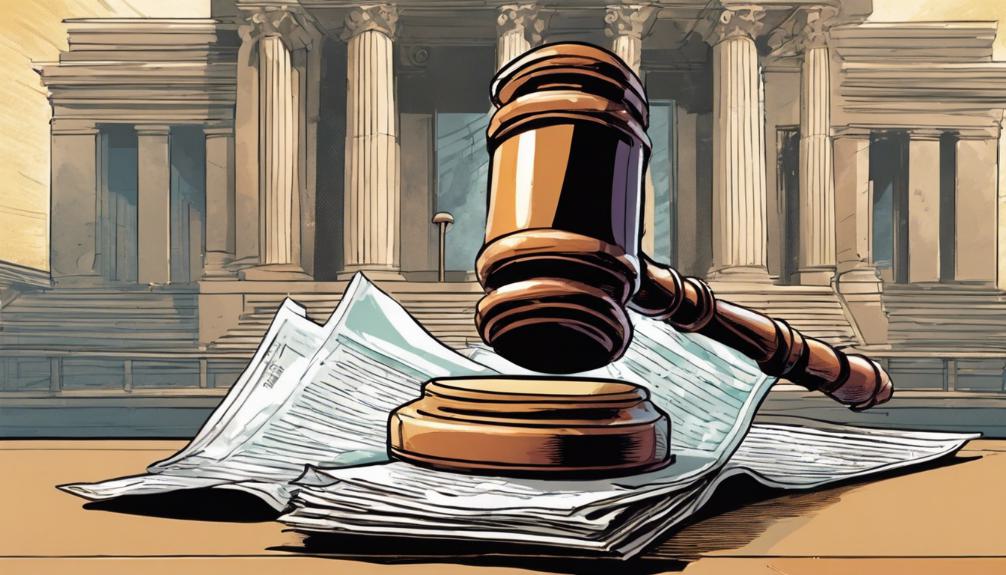
In addition to pharmaceutical cases, medical device litigations represent a critical component of multidistrict litigation, focusing on the harm caused by various medical devices and implants. These cases often involve products that are intended to improve patient health but have instead resulted in significant injuries or complications. For example, MDLs have been established for issues surrounding hip implants, pelvic repair systems, and inferior vena cava (IVC) filters, highlighting the widespread impact of defective medical devices. These litigations not only seek to provide compensation for the victims but also aim to hold manufacturers accountable for their negligence. The complexity and scale of these cases underscore the importance of multidistrict litigation in addressing systemic problems within the medical device industry, ensuring that patient safety is prioritized over profit.
Environmental Injury MDLs
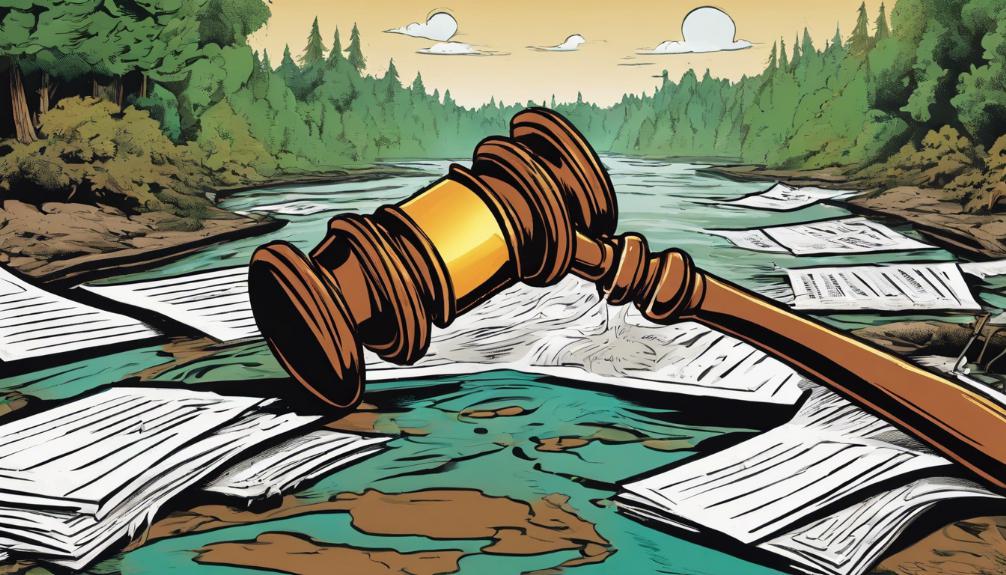
Environmental Injury MDLs encompass a range of litigations that address the harm caused by pollution, chemical spills, and other environmental disasters. These complex cases often involve numerous plaintiffs who have suffered similar injuries due to large-scale environmental negligence. The legal framework for these MDLs facilitates a streamlined process for handling claims that share common factual and legal issues, thereby promoting judicial efficiency and consistency in rulings. By consolidating cases, plaintiffs can leverage collective resources, enabling a more effective litigation process against often powerful corporate defendants. These lawsuits not only seek compensation for affected individuals but also aim to enforce regulatory compliance, driving systemic changes in environmental practices to prevent future harm.
Common Disaster Lawsuits
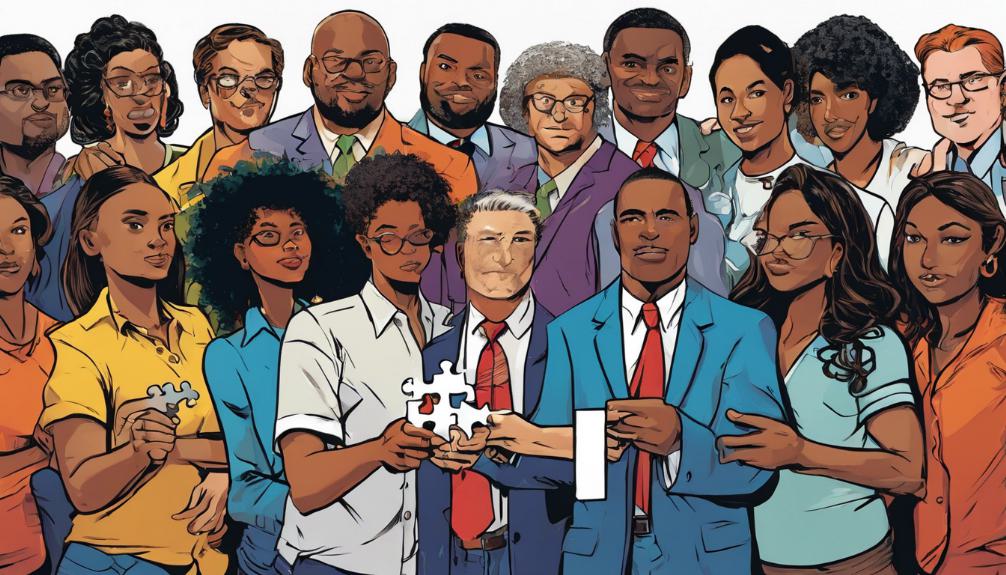
Common Disaster Lawsuits encompass legal actions initiated due to tragedies affecting large groups of people, often resulting from catastrophic events or accidents. These legal proceedings aim to address the collective harm caused by such events, seeking compensation and justice for the victims involved. Typically, these lawsuits arise from incidents such as large-scale environmental disasters, industrial accidents, or other calamities that have widespread effects on communities or populations. The legal framework for these actions often involves complex litigation processes, requiring specialized legal expertise to navigate. Common disaster lawsuits represent a crucial mechanism through which affected individuals can collectively address the consequences of significant adverse events, holding responsible parties accountable and fostering a sense of justice among the impacted communities.
The Role of Settlements
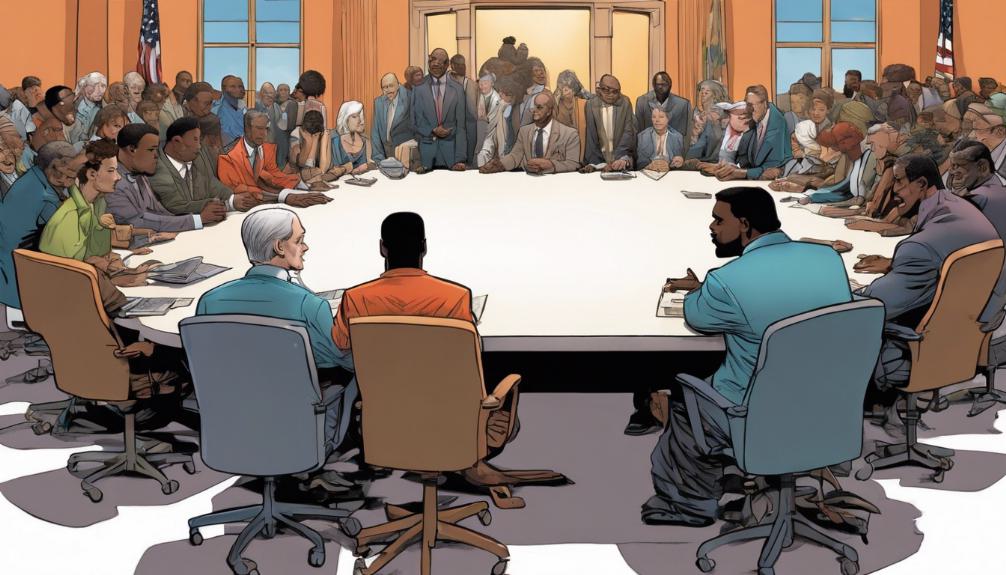
Settlements play a pivotal role in resolving legal disputes by offering a mutually agreed-upon compensation for the victims involved. In the context of Multi-District Litigation (MDL), settlements are particularly significant as they can provide a streamlined resolution for numerous cases consolidated under a single jurisdiction. This not only facilitates a more efficient legal process but also ensures that victims receive compensation without the protracted delays associated with individual lawsuits. Moreover, settlements in MDL cases often include comprehensive compensation packages that address a wide range of damages, from medical expenses to loss of income, thereby offering a holistic approach to remedying the harm suffered by plaintiffs. Ultimately, settlements serve as a crucial mechanism for achieving justice and accountability in complex litigation scenarios.
Eligibility for MDL Participation

Determining eligibility for participation in Multi-District Litigation (MDL) hinges on whether an individual's case shares common factual questions with the already consolidated lawsuits. This form of litigation is designed to streamline the process for cases that involve similar allegations and injuries, typically against common defendants. For instance, individuals alleging harm from specific pharmaceuticals, medical devices, environmental disasters, or other products might find their cases consolidated into an MDL if the core allegations are substantially similar across the board. The Judicial Panel on Multidistrict Litigation (JPML) assesses requests for consolidation and determines eligibility based on these shared factual questions. It is crucial for plaintiffs to understand that while their cases may be combined for pre-trial proceedings, each plaintiff retains their individual lawsuit.
The Impact of MDLs
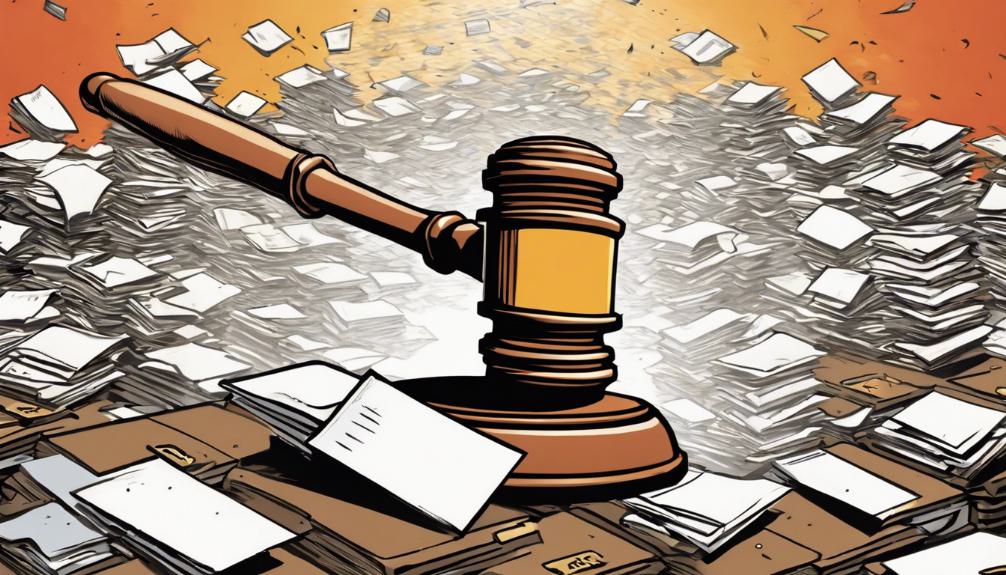
The proliferation of Multi-District Litigation (MDL) cases has significantly influenced the landscape of mass tort litigation, streamlining the resolution process for complex legal disputes involving numerous plaintiffs. By centralizing pretrial proceedings, MDLs enhance judicial efficiency, reducing the burden on courts and parties alike. This consolidation allows for uniformity in discovery and rulings, mitigating the risk of conflicting judgments across different jurisdictions. For plaintiffs, MDLs often expedite the path to resolution, potentially leading to quicker settlements or trial dates. Furthermore, the collective nature of MDLs can amplify the bargaining power of plaintiffs against large corporations, fostering more substantial settlements. Consequently, MDLs have emerged as a pivotal mechanism in addressing widespread legal challenges, providing a structured avenue for justice for affected parties.
Navigating MDL Processes
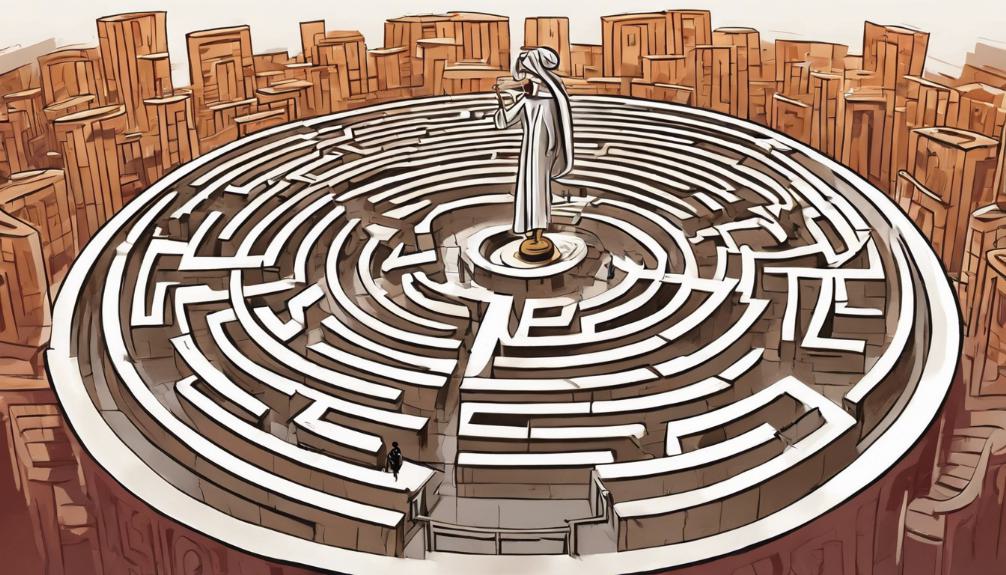
Understanding the intricacies of Multi-District Litigation (MDL) processes is crucial for plaintiffs aiming to navigate their legal journey effectively. MDLs are designed to streamline complex cases involving similar claims against common defendants, typically in federal court. The first step involves the Judicial Panel on Multidistrict Litigation (JPML) determining if cases should be consolidated under an MDL. Once consolidated, a single judge manages pretrial proceedings, including discovery and motions, to increase efficiency and reduce court burdens. Plaintiffs must understand that while their cases are combined for these stages, each lawsuit may still result in an individual trial or settlement. Familiarity with these stages and active engagement with their legal counsel can significantly impact the progression and outcome of their case.
Compensation Explained
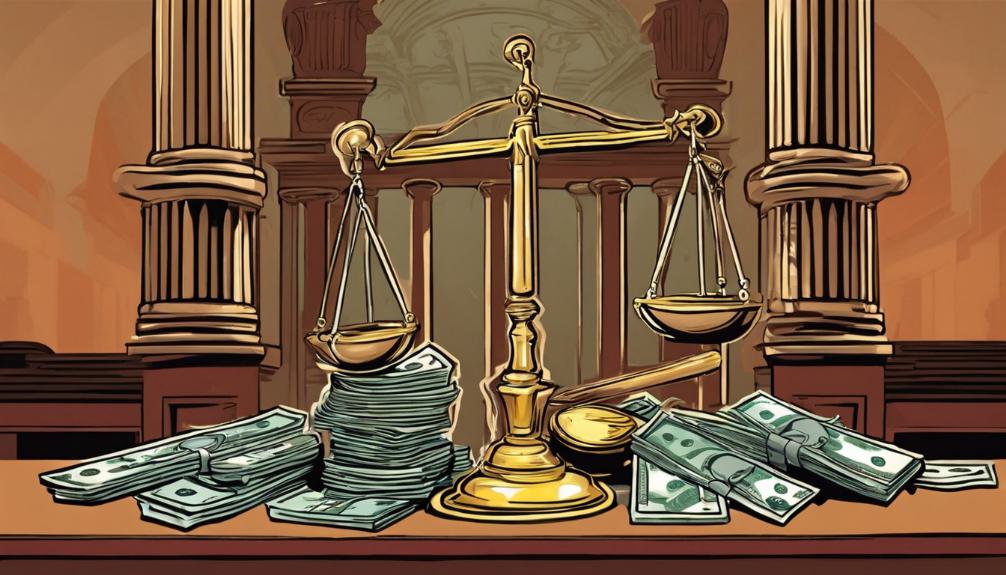
Compensation in MDL lawsuits serves as a crucial aspect for plaintiffs who have suffered injuries or damages, aiming to provide financial redress for their losses. It embodies recognition of the harm endured and attempts to restore the injured party's financial situation to some semblance of what it was before the incident. Compensation can cover a variety of losses, including medical expenses, lost wages, pain and suffering, and in some cases, punitive damages intended to punish egregious behavior by defendants. Each MDL case is unique, and the compensation awarded depends on the specific circumstances and evidence presented. Ultimately, the goal is to ensure that plaintiffs receive fair compensation that reflects the extent of their injuries and the impact on their lives.
Selecting Legal Representation
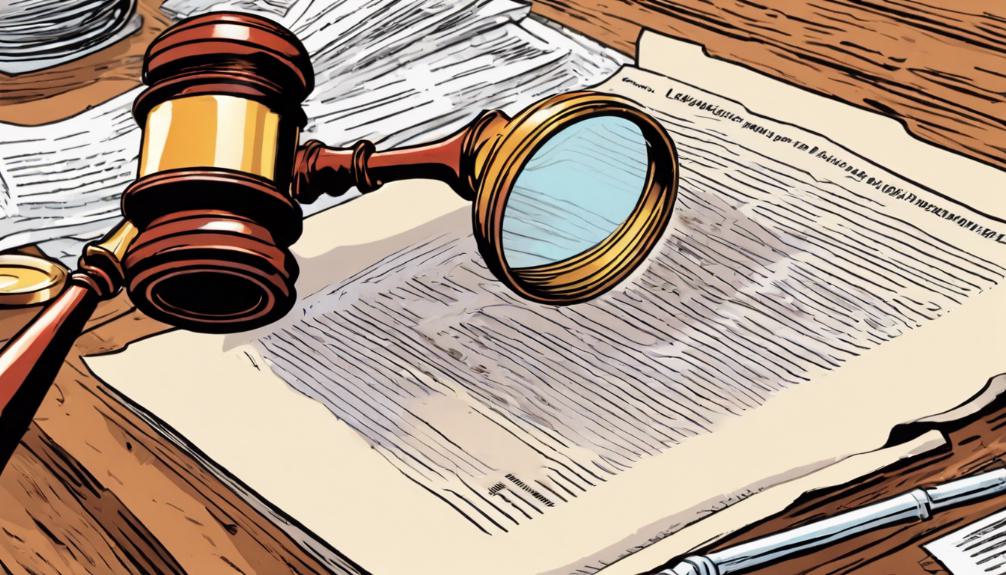
After exploring the importance of compensation in MDL lawsuits, it's crucial to consider how selecting the right legal representation can significantly impact the outcome of your case. The complexity of Multi-District Litigation necessitates a lawyer or law firm with specialized knowledge in your lawsuit's specific area, be it pharmaceuticals, medical devices, environmental disasters, or other injury lawsuits. Experience in navigating the intricacies of MDL processes, from pre-trial procedures to potential settlements or trials, is indispensable. Look for legal representatives with a proven track record in similar cases, emphasizing their success rates and client testimonials. The ability to communicate effectively, both in understanding your case and in representing your interests, is paramount. Choosing a legal team attuned to the nuances of MDL can markedly influence the compensation and resolution you achieve.
MDLs Vs. Class Actions
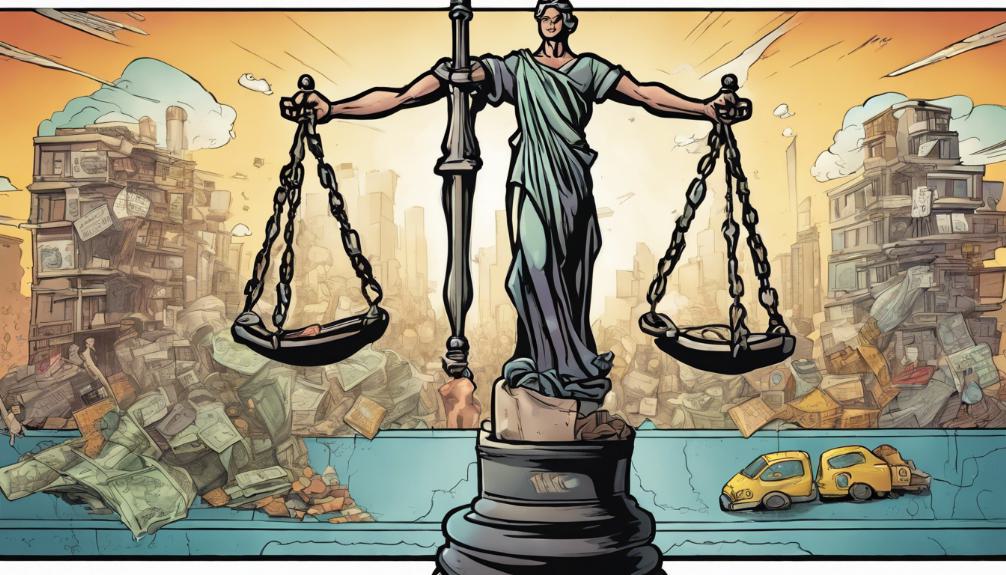
When comparing Multi-District Litigations (MDLs) to class action lawsuits, it is essential to recognize the distinct procedural and legal frameworks that define each approach. MDLs are primarily used for complex cases involving numerous plaintiffs across different jurisdictions, where centralizing the pretrial proceedings can streamline discovery and make the litigation process more efficient. Each plaintiff retains their lawsuit but benefits from the collective gathering of evidence and determination of key legal issues. Conversely, class action lawsuits consolidate individual claims into a single suit, where a representative plaintiff or plaintiffs stand in for the entire class. This method is typically employed when the grievances are uniform and can be addressed collectively, potentially resulting in a single verdict or settlement for all class members.
Future of MDL Litigations
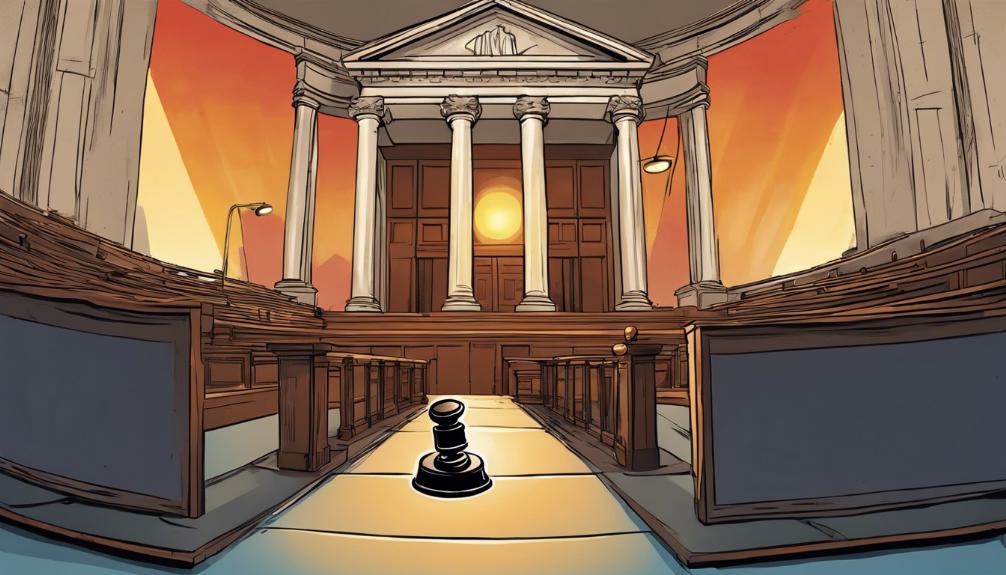
As the landscape of mass tort litigation continues to evolve, the future of Multi-District Litigations (MDLs) appears poised for significant developments and challenges. With the increasing complexity of cases, especially those related to pharmaceuticals, medical devices, and environmental disasters, MDLs are expected to become more prevalent as a means to efficiently manage large volumes of lawsuits with common factual issues. Technological advancements and digitalization may also reshape how these litigations are conducted, potentially streamlining processes but also raising new legal questions. Moreover, as public awareness and regulatory scrutiny grow, there could be an uptick in the initiation of MDLs, compelling a reevaluation of strategies by both plaintiffs and defendants in navigating these intricate legal battles.
Getting Involved in MDLs
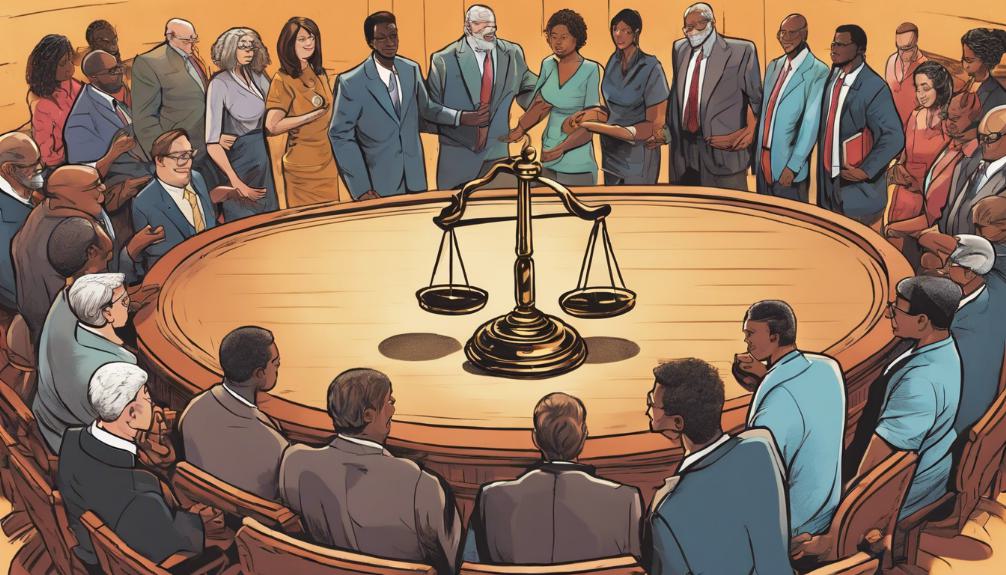
For individuals seeking justice for health issues purportedly linked to certain products or practices, participating in a Multi-District Litigation (MDL) presents a viable legal avenue to consider. MDLs consolidate numerous related cases to one district court, streamlining the legal process for efficiency and uniformity in rulings. Those who believe they've suffered due to pharmaceuticals, medical devices, environmental disasters, or other common causes can initiate involvement by seeking a qualified attorney experienced in MDLs. The attorney evaluates the case against ongoing MDLs to determine eligibility and alignment with existing litigation. Once involved, plaintiffs can benefit from collective legal strategies and shared discovery efforts, potentially leading to settlements or trials. Engaging in MDLs allows for a collaborative approach to seeking compensation and accountability.
Frequently Asked Questions
How Does Participation in an MDL Affect My Ability to Pursue Individual Legal Action Against the Defendant in the Future?
Participation in a Multi-District Litigation (MDL) does not inherently prevent an individual from pursuing separate legal action against a defendant in the future. However, the specific terms of any settlement reached within the MDL may include clauses that limit or relinquish the right to file individual claims related to the same issue. It's vital to review these terms carefully and consult with legal counsel to understand the implications for future legal actions.
Can I Opt Out of an MDL Settlement if I Believe It Does Not Adequately Compensate Me for My Injuries, and What Are the Implications of Doing So?
Yes, participants in an MDL (Multi-District Litigation) have the option to opt out of a settlement if they believe it does not adequately compensate for their injuries. However, opting out means foregoing the settlement offer and pursuing individual litigation, which requires securing separate legal representation and potentially facing a longer, more uncertain legal process. It's crucial to carefully weigh the implications and consult with a legal professional before making such a decision.
What Happens to My Case if the MDL Is Resolved, but I Am Unsatisfied With the Outcome or Settlement Terms?
If an MDL is resolved and you are dissatisfied with the outcome or settlement terms, you generally have limited options. You may choose to opt out of the collective settlement before a specified deadline, allowing you to pursue individual litigation against the defendant. However, opting out can be complex and may require navigating specific procedural rules. Consulting with a legal professional is essential to understand the implications and potential for individual legal action.
How Does the Statute of Limitations Apply to My Case if It Becomes Part of an MDL, Especially if the Litigation Process Extends Beyond the Typical Timeframe for Filing Individual Lawsuits?
When a case is incorporated into a Multi-District Litigation (MDL), the statute of limitations may be affected differently than in individual lawsuits. Typically, once a case is consolidated into an MDL, the statute of limitations is tolled, or temporarily paused, for all cases within the MDL. This means that even if the litigation process extends beyond the typical timeframe for filing, individual claims remain preserved until the MDL process is resolved.
Are There Any Tax Implications for the Compensation Received From an MDL Settlement, and How Should I Report This for Tax Purposes?
Compensation received from a settlement in a multi-district litigation (MDL) is subject to tax implications, varying based on the nature of the settlement. Generally, compensatory damages for physical injuries or sickness are not taxable. However, punitive damages and interest on the settlement are taxable. It is crucial to accurately report such income on tax returns, consulting with a tax professional or attorney for guidance specific to your case to ensure compliance with tax laws.

This post has been generated by AI and was not reviewed by editors. This is Not legal advice. Please consult with an attorney.

![Tepezza Hearing Loss Lawsuit [2024]: Have You Or A Loved One Suffered From Hearing Loss Or Tinnitus 45 tepezza lawsuit hearing loss](https://lawsuitlegit.com/wp-content/uploads/2024/02/tepezza_lawsuit_hearing_loss-150x150.jpg)
